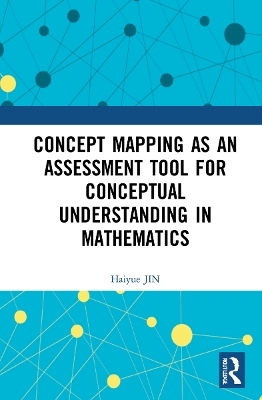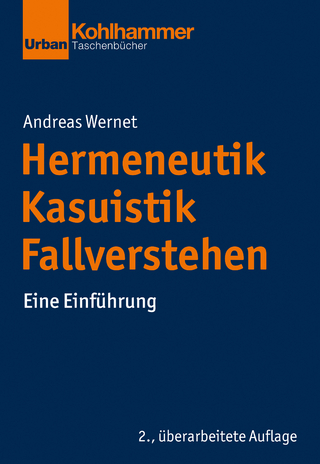
Concept Mapping as an Assessment Tool for Conceptual Understanding in Mathematics
Seiten
2024
Routledge (Verlag)
978-1-032-21645-4 (ISBN)
Routledge (Verlag)
978-1-032-21645-4 (ISBN)
This book investigates the practicability and effectiveness of the concept map as a tool for assessing students’ conceptual understanding in mathematics.
The author first introduces concept mapping and then employs it to investigate students’ conceptual understanding of four different mathematical topics. Alongside traditional scoring methods, she adopts Social Network Analysis, a new technique, to interpret student-constructed concept maps, which reveals fresh insights into the graphic features of the concept map and into how students connect mathematical concepts. By comparing two traditional school tests with the concept map, she examines its concurrent validity and discusses its strengths and drawbacks from the viewpoint of assessing conceptual understanding. With self-designed questionnaires, interviews, and open-ended writing tasks, she also investigates students and teachers’ attitudes toward concept mapping and describes the implications these findings may have for concept mapping’s use in school and for further research on the topic.
Scholars and postgraduate students of mathematics education and teachers interested in concept mapping or assessing conceptual understanding in classroom settings will find this book an informative, inspiring, and overall valuable addition to their libraries.
The author first introduces concept mapping and then employs it to investigate students’ conceptual understanding of four different mathematical topics. Alongside traditional scoring methods, she adopts Social Network Analysis, a new technique, to interpret student-constructed concept maps, which reveals fresh insights into the graphic features of the concept map and into how students connect mathematical concepts. By comparing two traditional school tests with the concept map, she examines its concurrent validity and discusses its strengths and drawbacks from the viewpoint of assessing conceptual understanding. With self-designed questionnaires, interviews, and open-ended writing tasks, she also investigates students and teachers’ attitudes toward concept mapping and describes the implications these findings may have for concept mapping’s use in school and for further research on the topic.
Scholars and postgraduate students of mathematics education and teachers interested in concept mapping or assessing conceptual understanding in classroom settings will find this book an informative, inspiring, and overall valuable addition to their libraries.
Haiyue JIN obtained her PhD from the National Institute of Education at Nanyang Technological University in Singapore and is currently a lecturer at the School of Education Science at Nanjing Normal University in China. Her research interests include mathematics assessment, learning strategies in mathematics, and primary and secondary mathematics teaching.
1 Introduction: Concept Mapping for Mathematics 2 Conceptual Understanding in Mathematics and Its Measures 3 Why Concept Mapping? 4 Developing a Training Programme for Concept Mapping in Mathematics 5 Assessing Conceptual Understanding in Mathemaitics With Concept Mapping 6 Comparing Concept Mapping and School Tests 7 Attitudes Toward Concept Mapping 8 Summary and Implications
| Erscheinungsdatum | 03.05.2022 |
|---|---|
| Zusatzinfo | 43 Tables, black and white; 30 Line drawings, black and white; 6 Halftones, black and white; 36 Illustrations, black and white |
| Verlagsort | London |
| Sprache | englisch |
| Maße | 156 x 234 mm |
| Gewicht | 410 g |
| Themenwelt | Sozialwissenschaften ► Pädagogik ► Allgemeines / Lexika |
| Sozialwissenschaften ► Pädagogik ► Bildungstheorie | |
| Sozialwissenschaften ► Pädagogik ► Schulpädagogik / Sekundarstufe I+II | |
| ISBN-10 | 1-032-21645-X / 103221645X |
| ISBN-13 | 978-1-032-21645-4 / 9781032216454 |
| Zustand | Neuware |
| Informationen gemäß Produktsicherheitsverordnung (GPSR) | |
| Haben Sie eine Frage zum Produkt? |
Mehr entdecken
aus dem Bereich
aus dem Bereich
Einführung in die Theorie transformatorischer Bildungsprozesse
Buch | Softcover (2023)
Kohlhammer (Verlag)
CHF 47,60
Eine Einführung
Buch | Softcover (2023)
Kohlhammer (Verlag)
CHF 49,95


